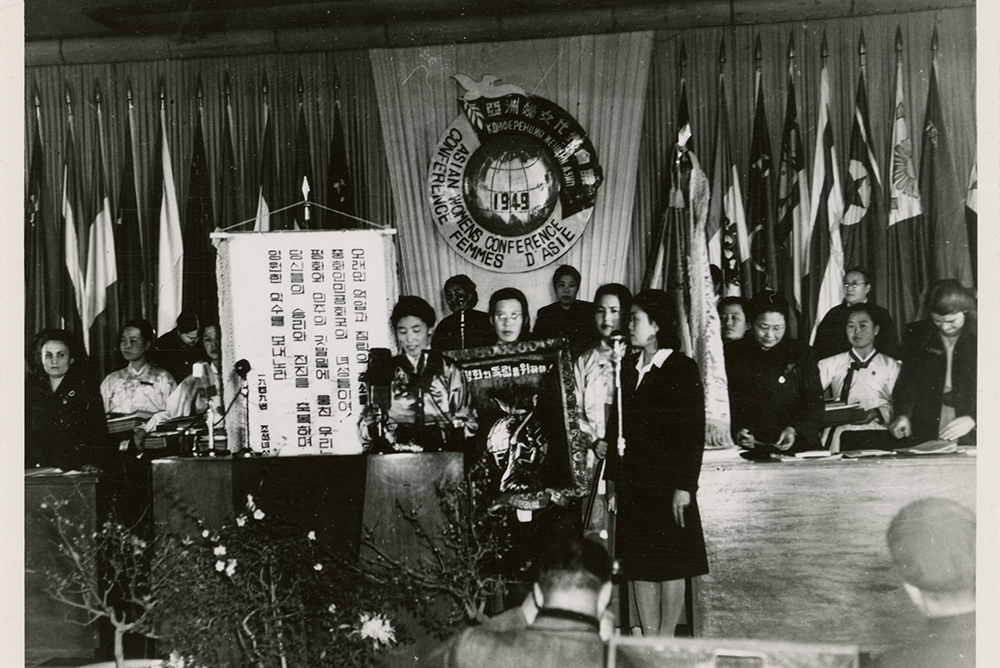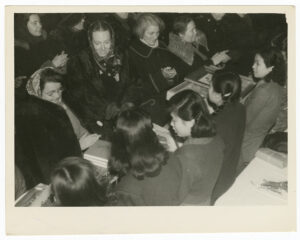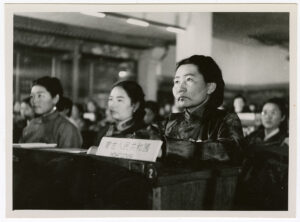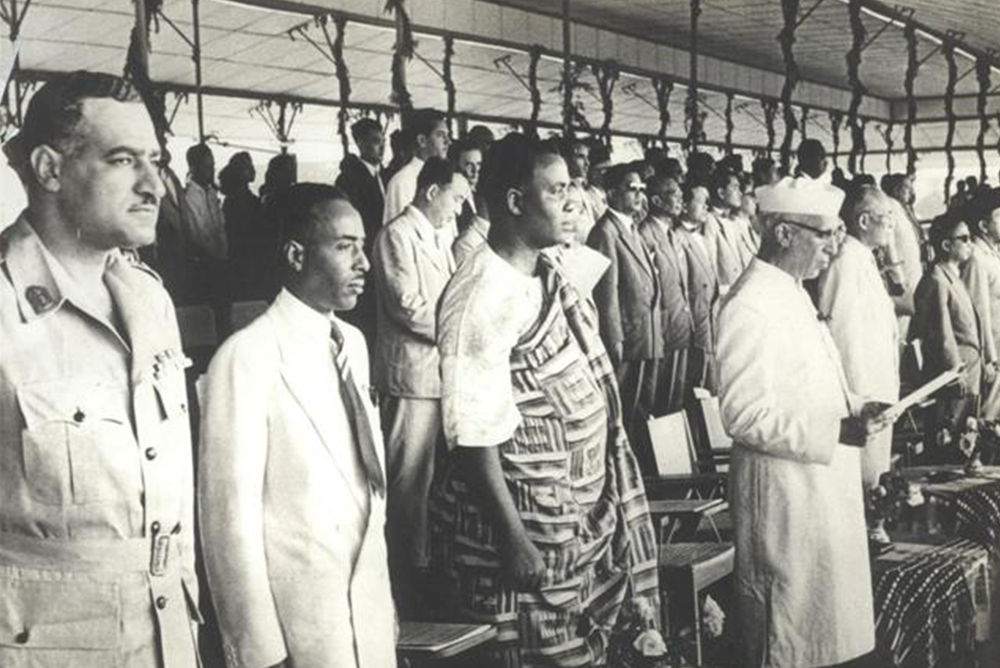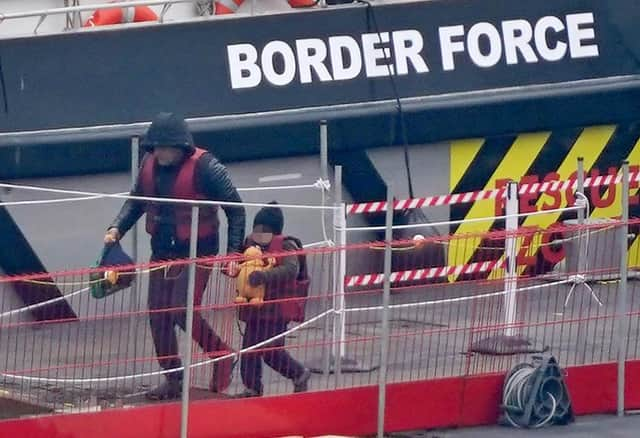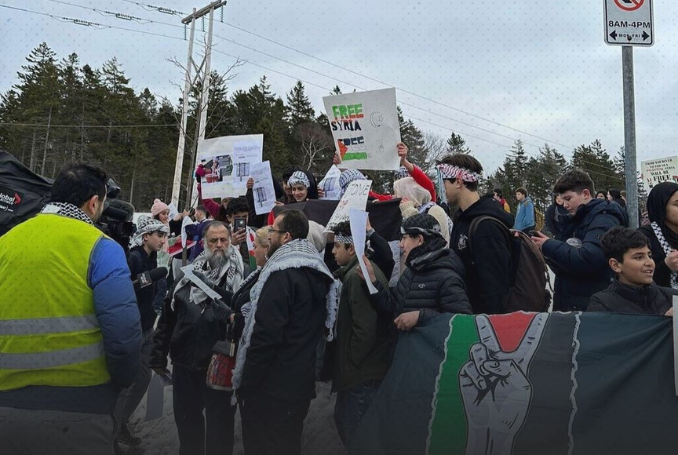The Growing Federal War on ‘Big Tech’ Poses a Quandary—and Exposes Our Hypocrisy
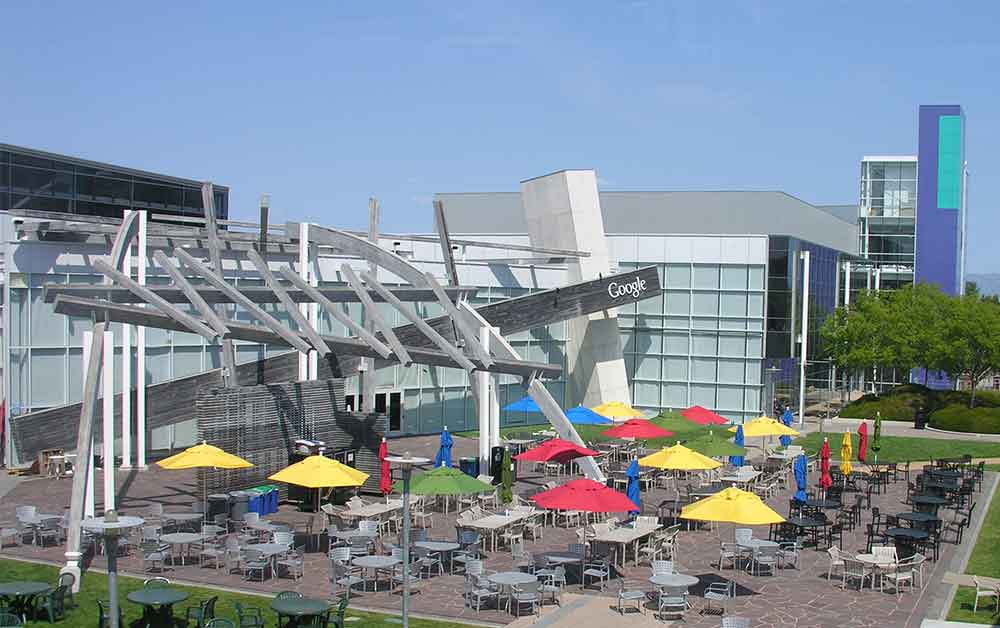
When the U.S. government seeks to crack down on "Big Tech," should California defend this signature industry? Or take it on? Columnist Joe Mathews considers this quandary in the latest Connecting California.
by JOE MATHEWS | MARCH 7, 2023
Which side should California be on in the coming federal war against Silicon Valley?
The question feels less hypothetical after the State of the Union address, when President Biden blasted “Big Tech” and promised new restrictions on the lifeblood of Silicon Valley businesses—their ability to collect and use our data. Republicans in Congress, while rudely heckling the president in other parts of his speech, stood and applauded these threats, which makes it even more likely that Californians soon will be in a conundrum.
Because Silicon Valley is the place that exposes our state’s hypocrisy—California likes to see itself as both a public-spirited, progressive force for the future and a seat of global power and wealth.
For the most part, with the exception of some privacy regulations, California has tolerated Silicon Valley’s ruthless and reckless behavior, because we depend so heavily on it for our wealth.
We Californians will be tempted to sit on both sides of the coming war. Because Silicon Valley divides us against ourselves.
How can we not side with Silicon Valley when the feds come for its firms? The tech business fuels our economy, inspires innovation, and attracts smart people from around the world to come here. It offers compensation and stock options that make workers rich. We wouldn’t be the fourth-largest economy on Earth without it.
But how can we side with Silicon Valley in good conscience? Tech firms proudly disrupt established industries that our communities depend on. They force automation that costs jobs and lay off workers (over 100,000 so far this year) at the first sign of a slowdown. And they suck in billions in capital investment that might be more profitably devoted to public infrastructure or less speculative industries.
Of course, when we lose our jobs or our companies go under, we need support from the government. So how can we not back Silicon Valley, whose wealthy employees and investors pay the big tax bills that support our generous tax credits and programs for the poor? How bad would our schools be without all the money flowing to the state treasury from tech? Big surges in capital gains taxes patch the holes in our broken school funding system. Don’t we need to protect Silicon Valley to protect our children?
I’m sorry, but don’t we need to protect our children from Silicon Valley? Social media companies undermine kids’ mental health. Other tech firms create games and amusements that addict and isolate our children. Why shouldn’t the Biden administration make war on firms that gather up data on our kids and use it to sell them things?
C’mon, protecting children is the job of their parents. And Silicon Valley protects the working families of the Bay Area, a rich place with high wages and generous benefits. Look at the pandemic: When tech firms shut their doors, working families in restaurants and service sectors suffered.
But isn’t that the problem—that California, and the Bay Area, are already too dependent on what trickles down from Silicon Valley—at least, the little bit that trickles down, compared to what the tech lords hoard? One survey found that 10 percent of households in the Bay Area held two-thirds of the investable assets. And in the heart of the valley—Santa Clara and San Mateo Counties—did you know that eight households hold more wealth than the bottom half of households combined?
Inequality is a problem, sure. But don’t we need to fight for Silicon Valley because California is fighting for its democracy? Our tech firms provide the tools and platforms (and the campaign donations) on which our democracy runs, right? Where do we express ourselves freely except on tech platforms?
But how can you say that when Meta, Twitter, and other tech companies routinely undermine democracy here and around the world? Social media allowed Russia and foreign actors to interfere in our elections. Overseas, tech companies collaborate with tyrannical governments in ways that put democratic advocates and activists at risk. Why should Californians fight for Mark Zuckerberg, Elon Musk, and other wealthy handmaidens of authoritarians?
Because we would be fighting for ourselves. California simply can’t allow the federal government to impose laws and regulations on any Californian—even those working in tech. We know that when Washington goes to war on us, our freedom suffers. The federal government has recently sought to strip us of the power to protect ourselves against environmental pollution, climate change, and gun violence. The U.S. Supreme Court eliminated our constitutional reproductive rights. How can we ever trust the feds?
Fair point, but Silicon Valley doesn’t respect our rights either. Tech firms steal our data, and there’s nothing we can do about it. They allow others to use their platforms to spread lies that destroy our lives—and hide behind liability shields. Silicon Valley thinks it can get away with anything because we need it.
How can we be on Silicon Valley’s side?
And how can we not be?
JOE MATHEWS writes the Connecting California column for Zócalo Public Square.
